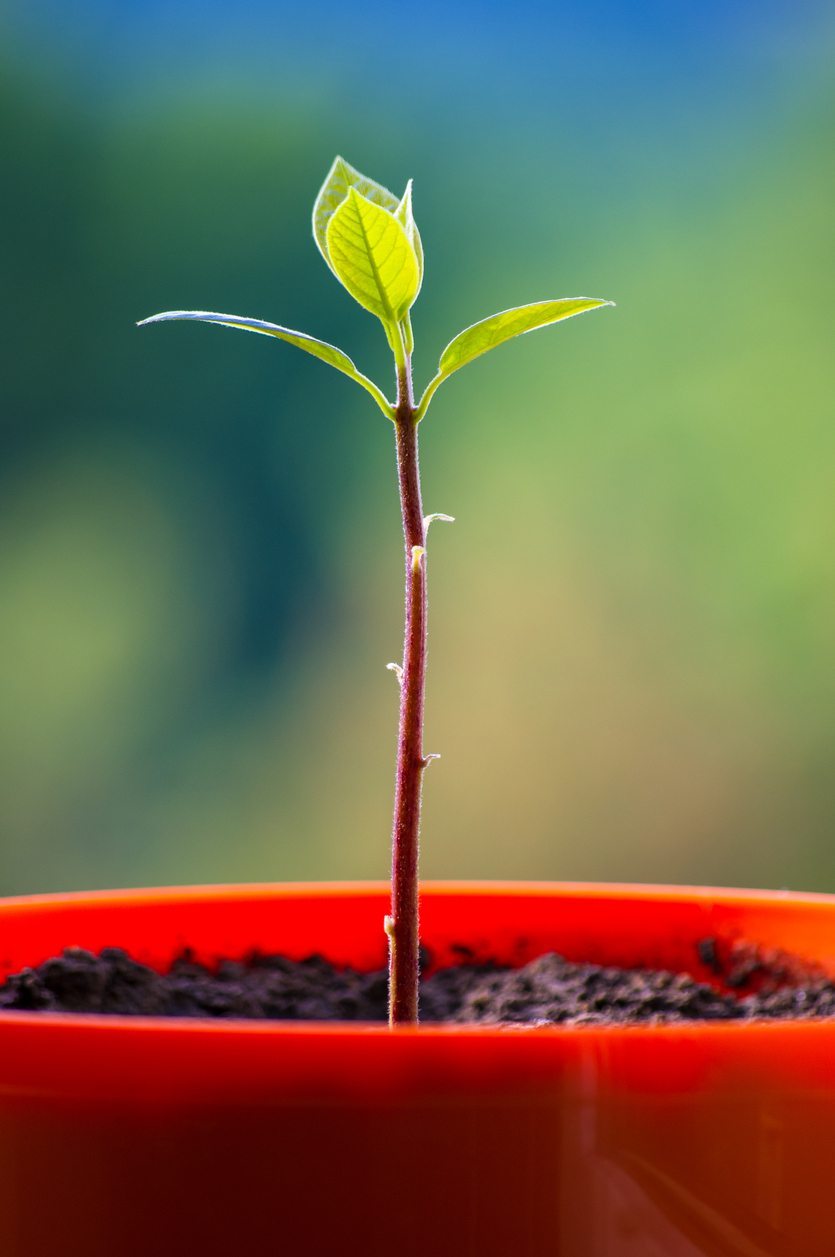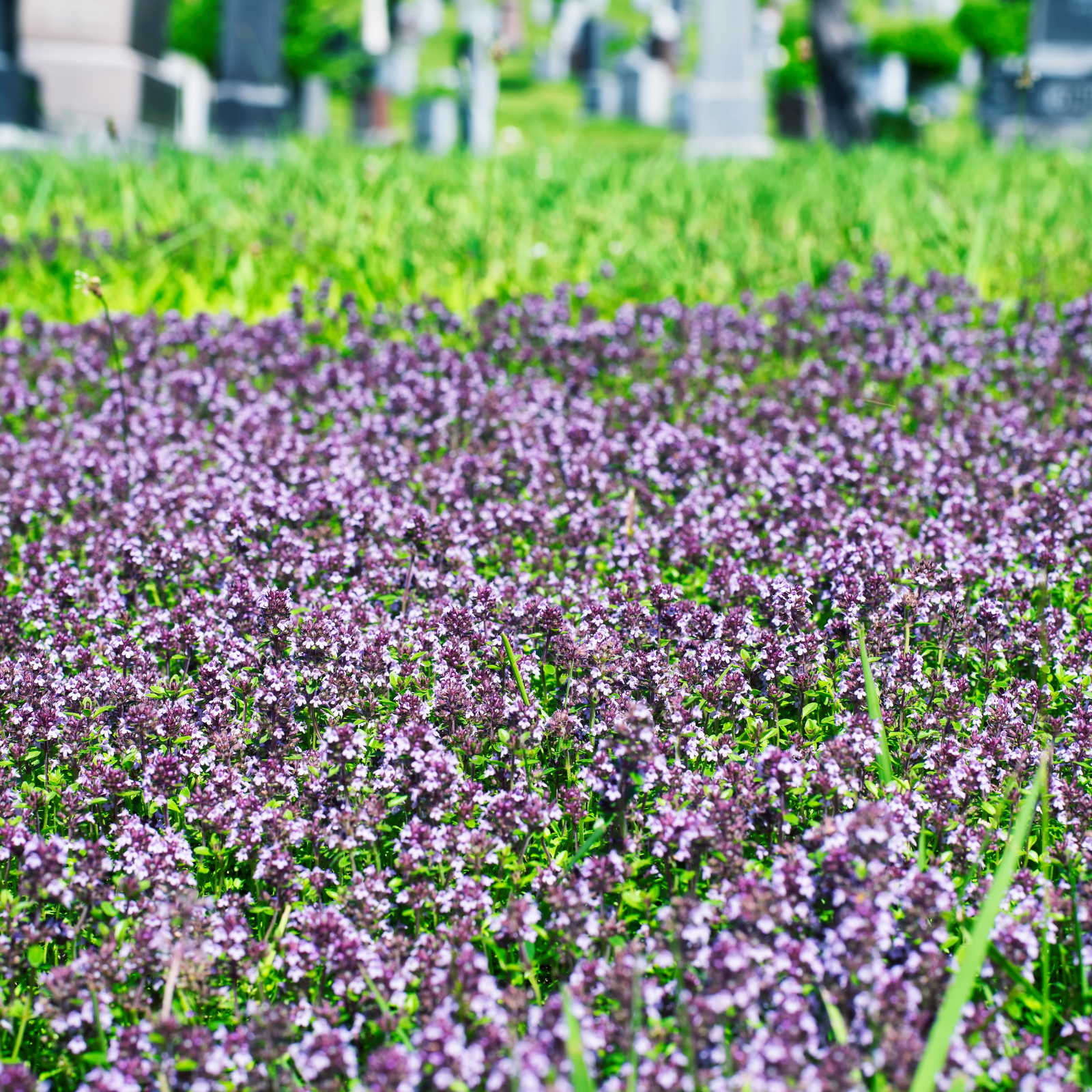Phytophthora Blight Control – Treating Avocado Seedlings With Blight


Growing an avocado tree is a great way to have a steady supply of this delicious, nutritious, and fatty fruit. You can even grow one from a pit of the last avocado you ate. There are some potential issues, though, that could destroy your baby avocado, including avocado seedling blight. Know the signs, how to prevent it, and how to manage it.
What is Avocado Phytophthora Blight?
A specific species of fungus causes blight in avocado seedlings: Phytophthora palmivora. It favors humid and moist, warm conditions, especially after big rains. This infection is most common in subtropical areas, like southern Florida. In fact, the first infection discovered in the U.S. was in Florida in the 1940's. Signs you may have this kind of blight in your avocado seedlings are reddish or brownish patches on the mature leaves that are irregular in shape. You may also see that the terminal bud on the seedling has been killed. The younger leaves may curl or exhibit darker spots. There will also be lesions on the stems, but these are less obvious.
Phytophthora Blight Control in Avocado Seedlings
The best way to deal with this blight is to prevent it in the first place. When growing an avocado tree from seed, give it plenty of room to let air flow through, especially if your climate is humid and rainy. It also helps to raise them up off the ground for planting so that they do not get contaminated soil splashed on the leaves during a rain. This also allows for more air flow. If you do get avocado seedlings with blight symptoms, you can try a fungicide recommended at your local nursery or extension office. Depending on the extent of the infection, though, it may be too late to manage it. The good news is that if you live in a dry climate, like many parts of California, you can grow avocado seedlings without worrying about blight.
Gardening tips, videos, info and more delivered right to your inbox!
Sign up for the Gardening Know How newsletter today and receive a free copy of our e-book "How to Grow Delicious Tomatoes".

Mary Ellen Ellis has been gardening for over 20 years. With degrees in Chemistry and Biology, Mary Ellen's specialties are flowers, native plants, and herbs.
-
 Get Ready For A Summer Of Hummers! Grow These Full Sun Hummingbird Plants and Flowers
Get Ready For A Summer Of Hummers! Grow These Full Sun Hummingbird Plants and FlowersIf you’re lucky enough to enjoy a sunny backyard, make sure you are maxing out on your pollinator opportunities and grow these full sun hummingbird plants and flowers
By Tonya Barnett
-
 12 Lush Alternatives To A Lawn For Sustainable Spaces
12 Lush Alternatives To A Lawn For Sustainable SpacesAlternatives to a lawn are beautiful and also beneficial to your local ecosystem and its pollinators. Explore our top picks for plants to replace grass.
By Tonya Barnett